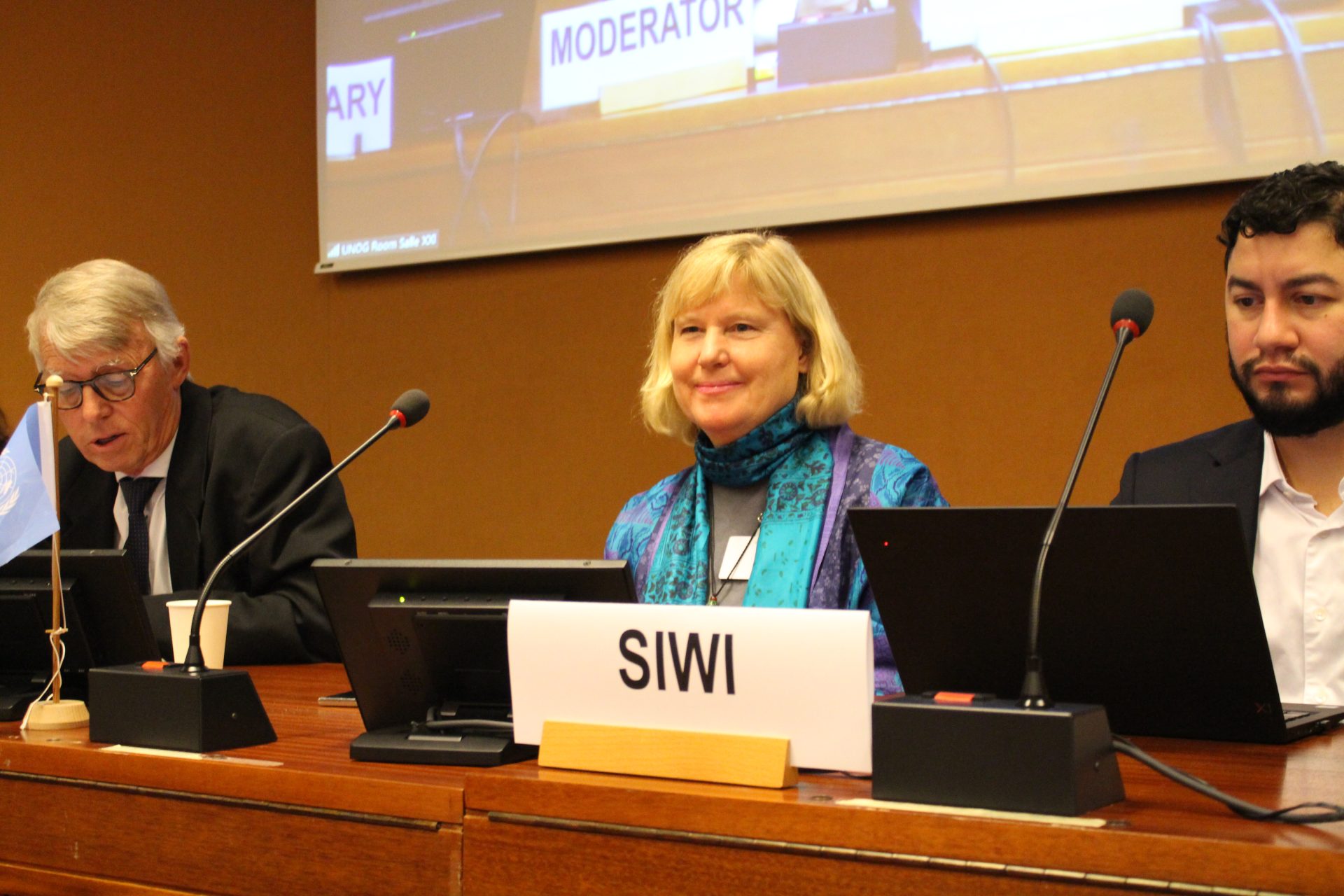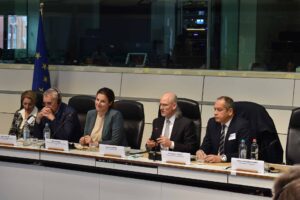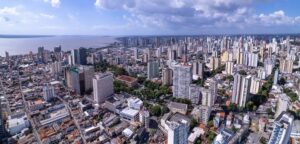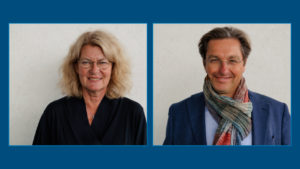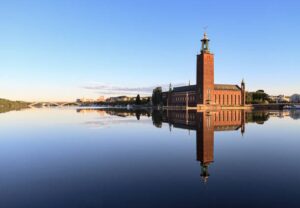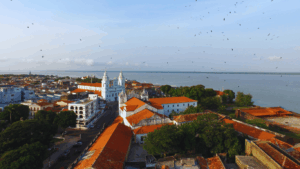Managing water holistically from source to sea
Every year tens of millions of wastes as well as persistent organic pollutants enter the ocean from land, passing through rivers and waterways. This is one of the reasons why it is critical to bring together the freshwater and ocean communities to turn the tide against marine pollution.
Three hundred key stakeholders gathered in Geneva recently to attend the Global Workshop on Source to Sea Management to address issues such as marine pollution through breaking down silos, strengthening cooperation, identifying synergies and sharing good policy-making practices. The event is also one of many that builds up towards the UN Water Conference in March 2023.
“Turning the tide on marine pollution certainly requires breaking silos and coordinating action among sectors and countries. Cooperation over shared waters forms part of the much-needed solution. The Water Convention is a powerful tool to advance cooperation.”
The workshop’s discussions covered policy, governance and financial aspects of source-to-sea management and identified practical steps forward for its implementation:
1. Transboundary and intersectoral cooperation must be strengthened
A holistic approach is necessary to overcome institutional and legislative silos and to coordinate across sectors and national borders which is a corner stone of transboundary water management and the Water Convention.
2. More awareness and capacity-building are needed.
There is the need to communicate in a common language and inform about the benefits of source-to-sea approach.
3. More incentives are needed to integrate source-to-sea issues in investments.
The role of the private sector and blended finance is crucial as well as the need to consider transboundary waters as a public good.
4. There is momentum and urgency to accelerate source-to-sea action.
The 2023 UN Water Conference (22-24 March 2022), the UN Ocean Conference, the SDG 2023 Summit, COP28, are all outstanding opportunities to raise political ambition and commitment to the water agenda, including source-to-sea approaches, and bring global freshwater and ocean communities closer to each other.
The Global Workshop on Source to Sea Management was organized under the auspices of the Water Convention serviced by UNECE, in partnership with Estonia, Slovenia, the Global Water Partnership (GWP), the Stockholm International Water Institute (SIWI), the Global Environment Facility (GEF), the GEF IW: LEARN platform, The Intergovernmental Oceanographic Commission (IOC) of UNESCO and the UNEP Mediterranean Action Plan.
